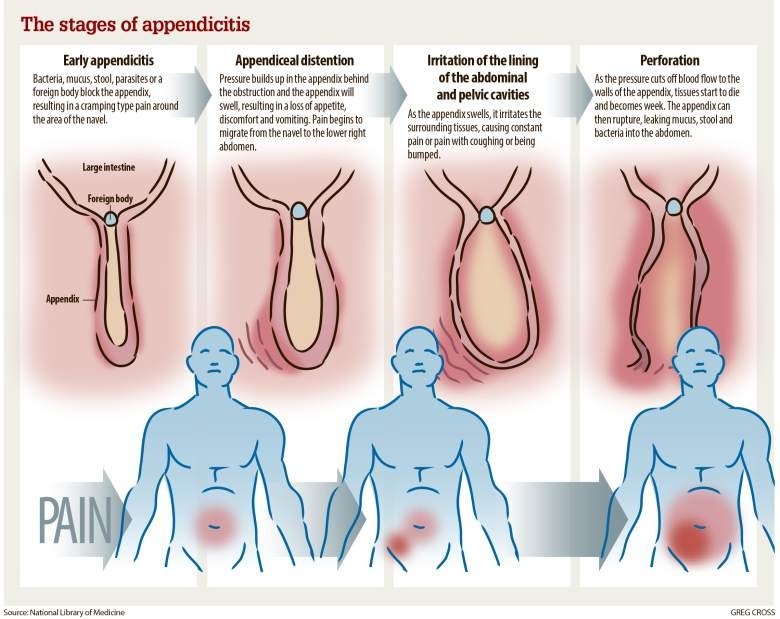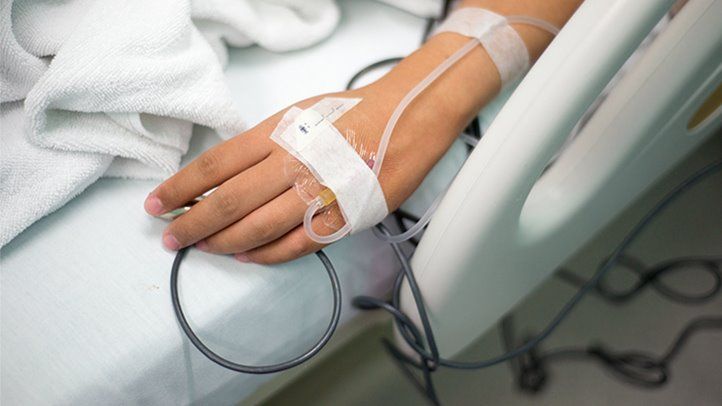What You Should Know About Treatments For the Appendicitis

Appendicitis generally starts with an acute pain in your abdomen (appeltex), which may come and go for several weeks at a time. However, within hours of having the first symptoms, the pain typically travels down the lower left-hand side and becomes extremely severe and persistent. If you notice that your stomach feels sore, is tender or you are experiencing any pain in your abdominal area, you should definitely contact your doctor immediately. The symptoms of appendicitis may range from mild to life-threatening.
Normally, appendicitis comes on gradually over a period of days or weeks. This is when the pain becomes acute and persistent, but usually does not cause a lot of discomfort. In some people, however, pain and discomfort may also occur immediately after eating, especially if there is an obstruction of the bile duct. It is important to keep a note of any episodes of pain. An examination by a physician can help to diagnose the problem and find the best course of treatment. However, sometimes there is no way for your doctor to determine exactly what is causing the pain.
If the pain is particularly severe, it is highly recommended that you see a doctor as quickly as possible. Your doctor will most likely prescribe medication for you to take orally and then insert a small catheter (endoscope) into your anus so that he can observe the condition and its progress. Your doctor will most likely perform a colonoscopy, where he inserts a camera into your anus to get a clear picture of the affected area. Once your doctor determines that appendicitis is the culprit, he will be able to recommend a treatment plan to help reduce or eliminate the pain and inflammation.
During the examination, the doctor will conduct a physical examination. Your doctor will ask you questions about your medical history, your family history, and the types of symptoms you have experienced. You may also need to provide urine samples to make sure you don’t have a kidney infection. Your doctor may also do a blood test to make sure your liver is functioning properly. He will want to know if you are taking any medications.

After a physical examination, your doctor will likely order tests to check your liver and other organs to determine if there are any lesions or infections. This includes an x-ray of the liver and gallbladder and a CT scan of the abdomen to check for any problems. anomalies. An ultrasound may also be performed to examine the lining of the abdomen and pancreas. Your doctor may also do a small biopsy to confirm that the cancer has spread to the intestine and determine if it is cancerous.
After the tests are completed, your doctor may decide to have surgery to remove your appendix. In some cases, a doctor may recommend an excision, which means removing the entire organ or part of the appendix. In other cases, he may opt for a laparoscopic procedure in which one or both ends of the small intestine are removed. You may be given general anesthesia while the surgeon removes the entire organ.
Common side effects after surgery include nausea, vomiting, nausea, diarrhea, fever, seizures, and jaundice. These are all normal side effects of the procedure.
To prevent these side effects, it is always recommended to discuss your options with your doctor before starting any treatment and to carefully follow all prescribed treatment plans and recommendations on the website saludremediosar.com. Natural methods, such as drinking herbal tea, can also help relieve some of the symptoms.
